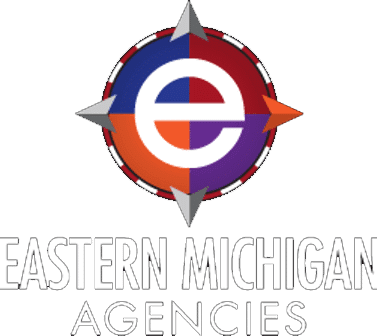The U.S. Centers for Disease Control and Prevention (CDC) estimates that about 48 million Americans, one in six, get sick each year from tainted or unsafe food, of which 128,000 are hospitalized and 3,000 die. The key to food safety and preventing sickness that traces back to our facility is in controlling the way we work.
Because it is so important that the food we produce is safe, we have a system to recognize which hazards might be present at our facility, and we address those hazards to reduce the risk of foodborne illness or other dangerous issues, called the hazard analysis critical control point, or HACCP, system.
What is HACCP?
There are seven basic principles of HACCP (Hazard Analysis Critical Control Point) to promote food safety.
- Analyze hazards.
- Identify critical control points.
- Establish critical limits.
- Monitor critical control points.
- Establish corrective actions.
- Keep records.
- Verify the HACCP system.
Following these seven principles, we’ve done a thorough analysis of our facility and identified the areas that might present a risk.
In each of these areas, we have designed specific controls to take to lower these risks. You have the important role of putting these control measures into action, and your dedication to them could save someone’s life.
Examples of Safety Measures
It is important that you follow these control measures because just one weak link could mean compromising the safety of our product. What are some of the measures we are referring to and why are they important? Following are a few examples.
- Allergens are an important element of food safety. Foods like milk, soy, or egg are considered chemical hazards because they can be very dangerous to people with allergies.
- Hygiene is the foundation of food safety. Sanitary working surfaces and good housekeeping habits are extremely important to preventing food safety failures.
- Temperature should always be controlled and recorded.
Follow the Plan
HACCP contains specific actions you must take on the job to reduce the risk of producing unsafe food products. Each part of this plan is extremely important. If you ignore just one control measure, you could cause someone – or many people – serious illness or even death, so do your part to keep our products safe.







